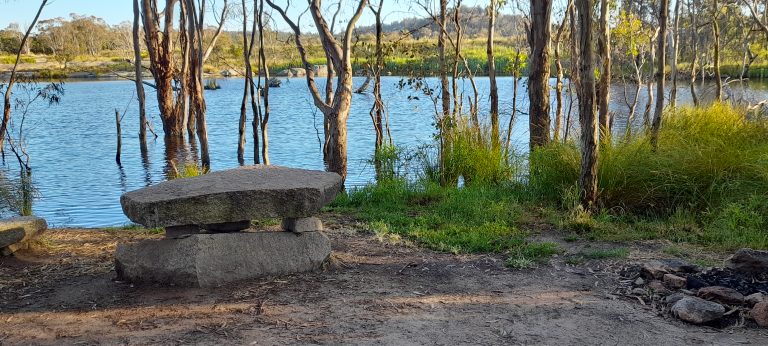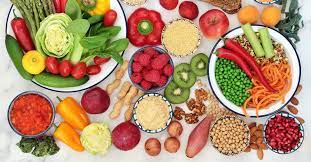Beware of dieting if you’re over 65
The latest science on muscles, weight and health has some warnings for you if you’re over 65 AND picked up extra weight courtesy of COVID.
This is beautifully explained by Ngaire Hobbins in her book Brain Body Food:
Humans are beautifully designed with systems, which use the food we eat and oxygen we breathe from our first moment on earth to build the body we achieve at peak adulthood—around our mid 40s. … On the way to your peak, the more you use your muscles, the more they build and support your health in a myriad of ways; even without doing much muscle work, you are hard wired to grow and build them….
That programmed rebuilding relies on a combination of three things:
1. Messages from hormones
2. Signals from nerves
3. The activity of the muscles themselves.And here’s where our bodies’ ageist physiology strikes against us. Hormone levels diminish and the signals from nerves dwindle with age… by your mid 60s the hormone and nerve boosting of muscles that built you up to your peak structure, has all but ceased.
That leaves muscle activity alone in the rebuilding task—but your muscles are reminded to repair and build only when you work them.
Brain Body Food by Ngaire Hobbins.
(ABC radio interviewed Ngaire recently, so you can listen to her post-COVID advice here)
We need protein 24 hours a day so we can repair cells, renew cells and keep our immune functions active and responsive. If we are not eating enough protein (the building blocks of muscle) and exercising (which stimulates muscle growth) we will lose muscle.
Think before you fast…
There’s a lot of science behind fasting, and it’s good for a lot of people – just not necessarily for those over 65. It may have been your go-to strategy in the past, but it’s worth revisiting.
So have a talk to your health professional before you jump in. Because when you fast, your brain draws the carbs and proteins it needs from your muscles – so your weight loss is likely to be muscle-loss (not fat loss unfortunately). That’s really not a good thing.
Your muscles act as an energy battery for you brain – so to be healthy after 65, your number 1 priority is movement – movement that includes building muscle strength, balance, cardio and flexibility.
When you lose muscle, your whole body loses its main energy source
The technical word for this is sarcopenia – your body loses its metabolic reservoir, you become frail, tired and you feel really old.
This also happens to people who get bed-bound after an accident – just a couple of days in bed and your muscles start wasting.
Which means that:
- If you fall over, you can’t get up. It takes a lot of strength to get up off the ground.
- You feel weak and don’t have much stamina. (Which means exercise feels horrible, so you do less.)
- Your balance is affected.
Exercise, move, exercise, move [repeat]
The most important thing you can do is move your body, making sure that you:
- Do regular aerobic exercise (get your heart rate up).
- Do regular weight-bearing exercise and resistance training (fight gravity by walking uphill; lift buckets wisely).
So don’t skip the housework – it’s good for you because it makes you move.
Love your garden and work on it.
Find out what it is that you enjoy doing and do more of it – dance, table tennis, pilates, walking.
(Don’t just stroll – do a bit of High Intensity Interval Training along the way.)
What else can you do?
FOOD: From 70 years onwards we need 20% MORE protein than when we were 50 years old. Make good quality protein the centre of your plate. One palmful of meat is a good guide or one cupful of lentils. Surround with all the colours of the rainbow including veg, grains, nuts and seeds with a drizzle of quality oil and lemon juice on top.
If appetite is a concern,, speak to your health professional about herbal apperitifs, nut meal or protein powders that will support you.
There’s an increasing body of research on sarcopenia and multiple clinical trials have found that there are certain supplements that can also help. One good formula has (deep breath) calcium beta-hydroxy-beta-methylbutyrate monohydrate and creatine monohydrate.
(No wonder it’s usually called HMB.)
So if you’ve not been that active and you’re not feeling strong, talk to your local naturopath, a personal trainer, physio, or exercise physiologist. Find someone who fits – and will support you instead of lecturing you.
Plan to be old and strong
I see so many amazing older people – women in particular – that prove to me again and again that we can be STRONG as we age.
So put your focus on being strong, not being slim. And find a support team to help you keep that focus.




